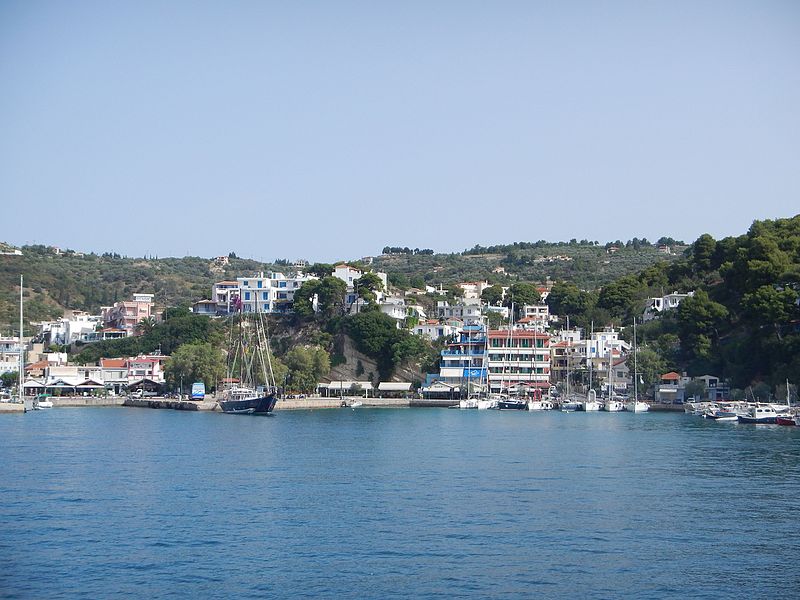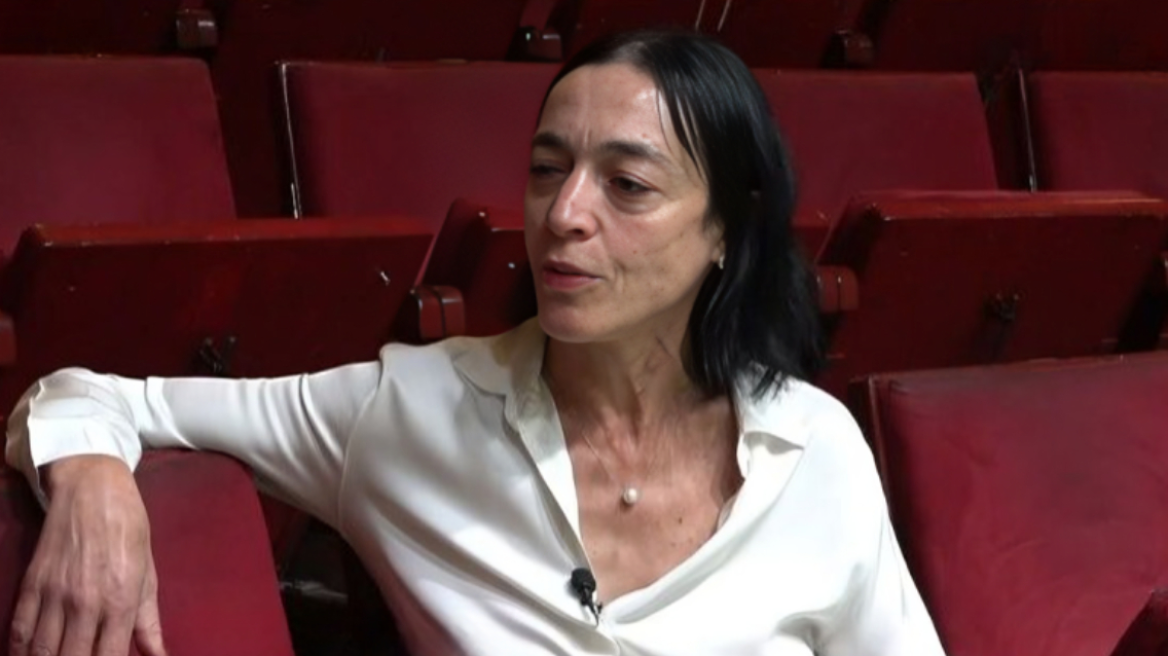The EU-funded ODYSSEA Project will hold its second summer school, focusing on Oceanography and Fisheries in the Mediterranean, September 2–6, 2019, on the Greek island of Alonissos, located in the Aegean Sea’s Northern Sporades archipelago.
Building on the success of last year’s ground-breaking ODYSSEA summer school, the training course is an ideal opportunity for oceanographers and biologists, young researchers, PhD students or professionals at the early stages of their careers, who are interested in learning how to manage available marine environmental, oceanographic and fisheries data to provide targeted and understandable information to relevant end-users.
The summer school is being co-organised with the School of Biology at the Aristotle University of Thessaloniki and the Department of Environmental Engineering at the Democritus University of Thrace (DUTH), and with the support of the Thalassa Foundation.
“The 2nd ODYSSEA Summer School introduces trainees to all stages of operational oceanography and fisheries, aiming towards the Blue Growth of the Mediterranean Sea,” DUTH’s Professor Georgios Sylaios, who coordinates ODYSSEA, explained.
He noted the importance of monitoring and forecasting phenomena related to the marine environment, as well as the challenges faced by oceanographers in doing so, specifically relating to climate change and the rising intensity of human coastal activities and their impacts––pollution, extensive fishing and aquaculture, coastal erosion, over-exploitation by tourism––over the past decades.
“The protection and sustainable economic exploitation of marine ecosystems requires real-time monitoring and operational prognostic modelling. In parallel, the volume of data concerning the marine environment collected both by satellites and onsite monitoring instruments is enormous and can be categorised as ‘Big Data,’” Sylaios said.
source: thenationalherald.com
Ask me anything
Explore related questions





